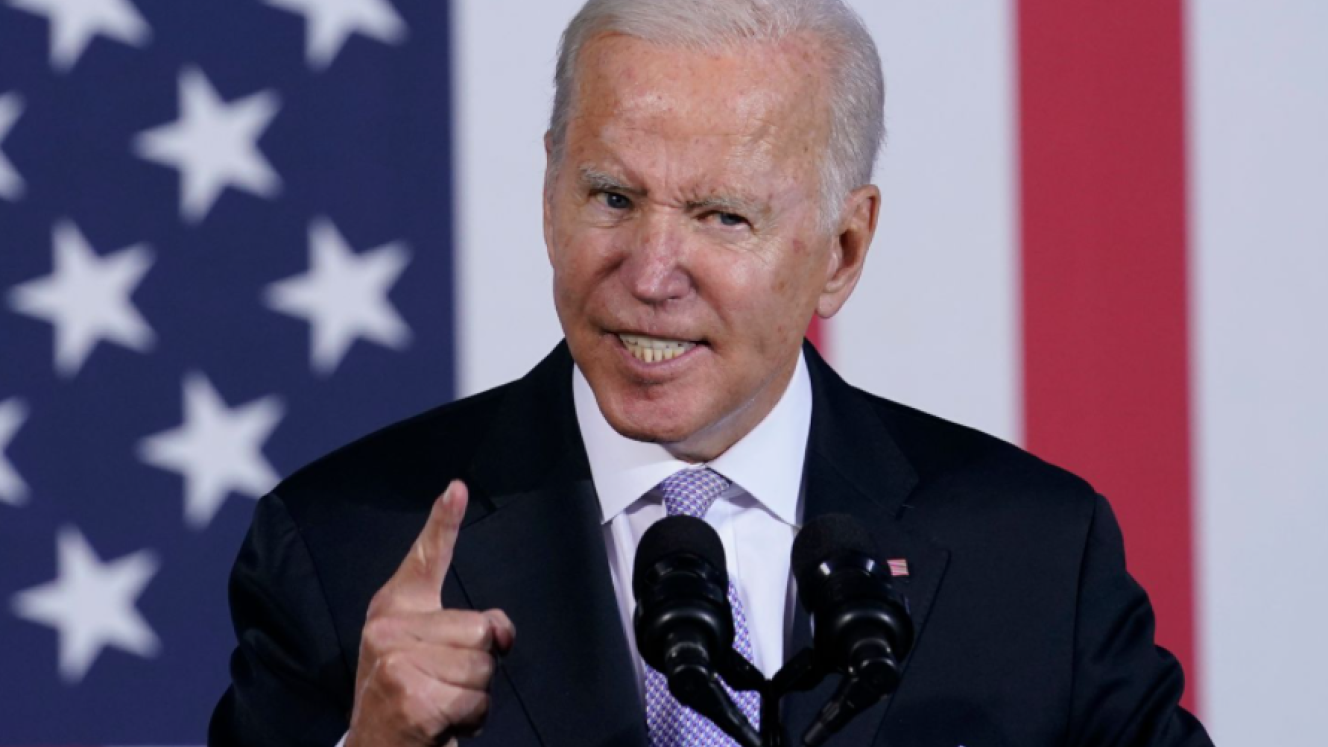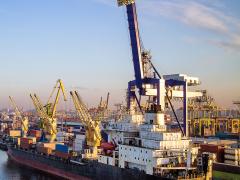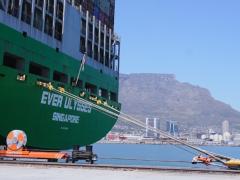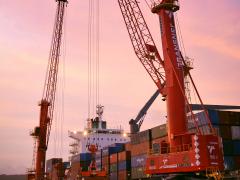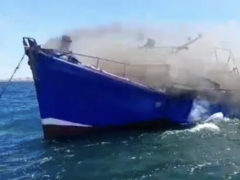Russia’s invasion of Ukraine won’t be the only pressing issue on Joe Biden’s mind when the US President delivers his State of the Union address to Congress at 21h00 Eastern Standard Time tonight.
Another headache his administration has taken upon itself to tackle head-on, although nothing as severe as the brewing war in Eastern Europe, is the global shipping crisis.
More specifically, expectations are that far-reaching decisions will be announced in view of judicial examination of the profits and practices of shipping lines, especially as leading carriers are buffered by the world’s three shipping line alliances: 2M (Maersk and MSC), THE Alliance (Yang Ming, NYK Group, MOL, Hapag-Lloyd, ONE, K-Line, HMM), and Ocean Alliance (CMA CGM, Cosco, Evergreen, OOCL).
At the heart of the White House’s targeting of the global liner industry is the antitrust immunity that alliances and their members have against prosecution for alleged unlawful mergers and business practices.
By all accounts, expected to make a compelling case against the alliances, Biden might very well succeed in persuading Congress to accept robust reforms targeting alliance immunity.
For the most part it will pave the way for the Department of Justice (DoJ) and the Federal Maritime Commission (FMC) to rewrite protectionist regulations.
At a fundamental level it will add more muscle to the DoJ’s Antitrust Division, enabling it to legally pursue lines for perceived shipping violations flagged by the FMC.
Justification for stern action against shipping lines are well documented.
According to the Biden administration, carriers have relied on regulatory buffering to ramp up profits with impunity, coming as it does when shippers and their agents are faced with steep freight rate increases.
According to figures released by the FMC, eight of the largest lines raked in revenue of about $2.2 billion between July and September last year – a 50% increase on the same period the previous year.
A conventional complaint by freight forwarders are the detention and demurrage (D&D) charges they’re expected to pay for delayed container retrievals and returns.
However, because of Covid-related port congestion and the wider supply-chain snarl-ups that bottlenecking leads to, agents have no recourse against incurring D&D charges.
And from their clients, shippers who increasingly face mounting costs to move goods, accusations point to lines often exacerbating port-side congestion by refusing exports from the States.
It’s been said that rather than wait for loaded east-bound boxes from the US West Coast, carriers make a beeline to fetch loads heading in the opposite direction as outbound Asian cargo is more profitable.
The World Shipping Council (WSC), though, has said it’s unfortunate that Biden is targeting the liner trade.
It emphasised that a major part of the problem is the persistent clogging up of constrained container capacity in the ports of Los Angeles and Long Beach.
Logjams should be sorted out to address wide supply chain challenges instead of targeting carriers, the WSC said.
